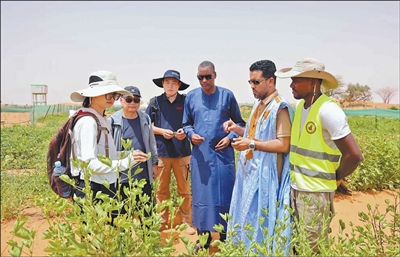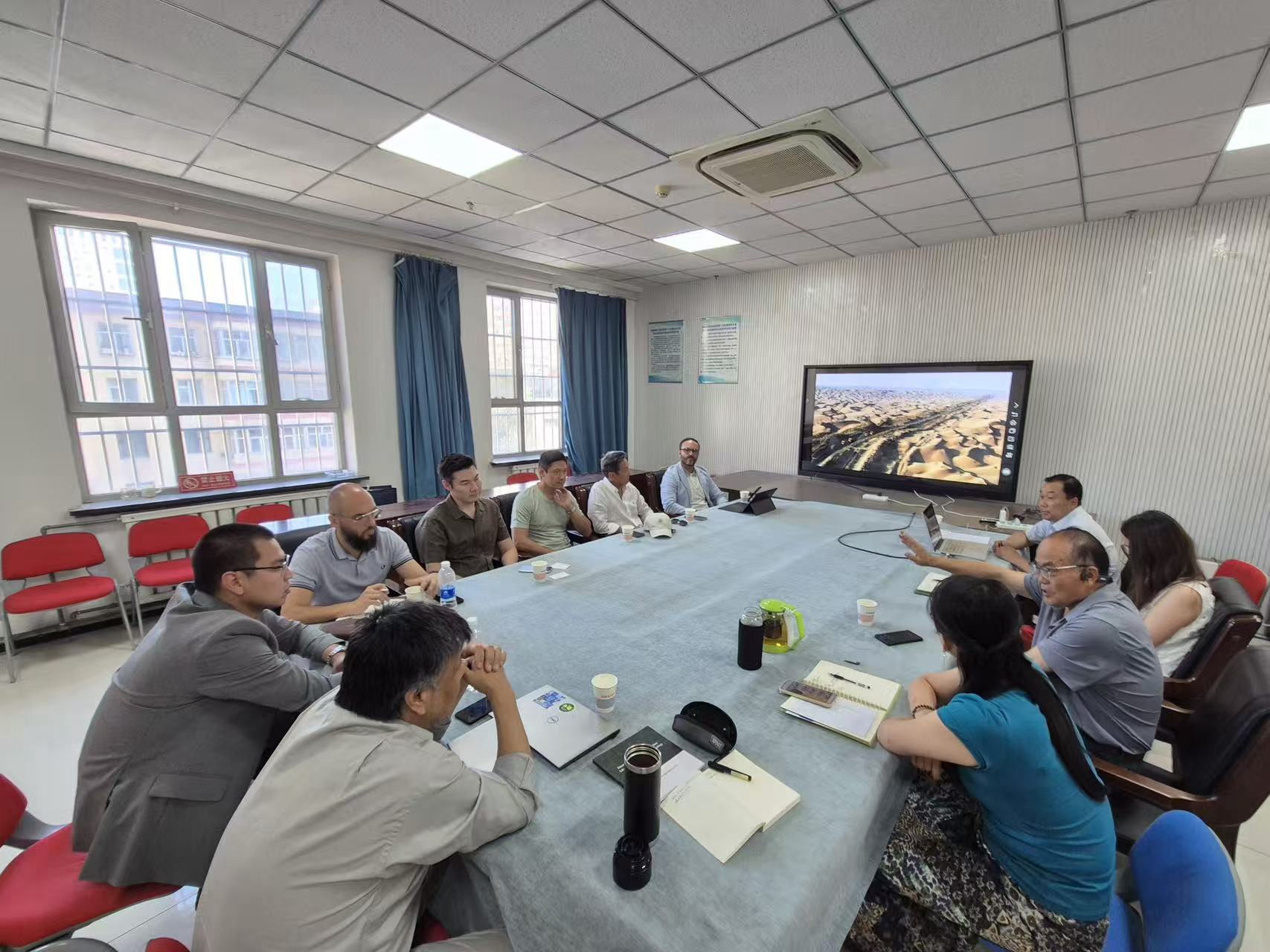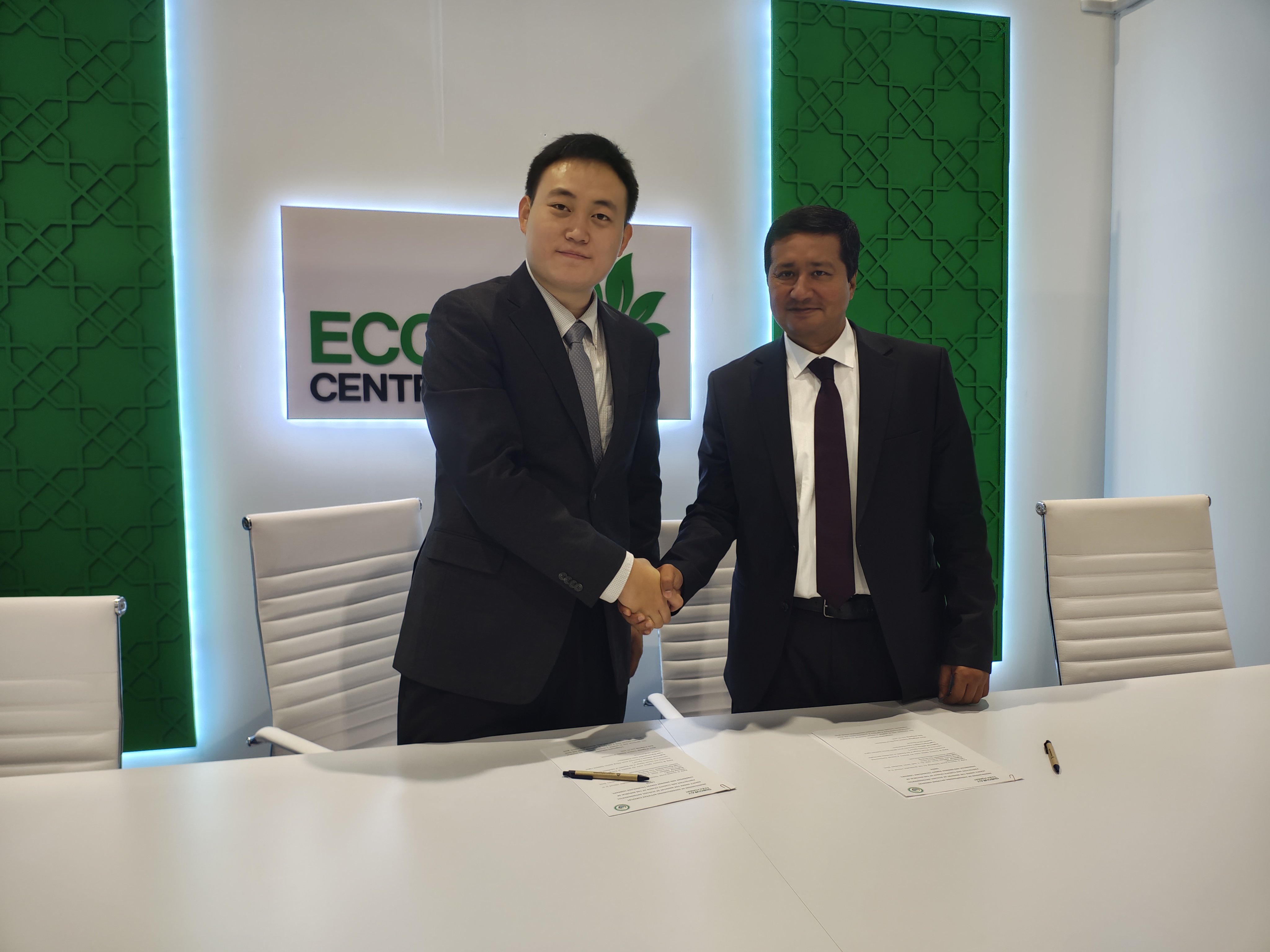On October 14th, Sinoway Forest officially launched a new project in the Aral Sea region of Uzbekistan. This project aims to advance the construction of carbon sequestration forests by utilizing artificial precipitation and seed ball experimental technologies to address local desertification issues. Liu Tao, Chairman of Sinoway Forest, signed a cooperation agreement with Karakalpak State University to jointly research experimental tests for the restoration of the Aral Sea and desertification control.
The project will apply advanced artificial precipitation and seed ball planting technologies to create conditions conducive to vegetation growth in the Aral Sea region, aiming to restore and expand forest areas, enhance carbon sequestration capacity, and thereby improve the local ecological environment. Upon successful experimentation, these technologies will be promoted on a larger scale.

The Aral Sea region was once a significant lake in Central Asia, but due to climate change and human activities, the lake's area has shrunk drastically, leading to increasingly severe desertification. This has not only impacted the local ecological environment but also posed significant challenges to the lives of local residents and economic development. Consequently, the Uzbekistan government and the international community have been seeking effective governance solutions.

Karakalpak State University will participate in the experimental testing project, collaborating with Sinoway Forest to validate the effectiveness of these technologies. Both parties stated that this cooperation will provide new solutions for the restoration of the Aral Sea, contributing to the improvement of the local ecological environment and promoting sustainable development.
Sinoway Forest expressed its commitment to continuing to deepen cooperation with Uzbekistan and jointly promote ecological environment governance to contribute to the achievement of global sustainable development goals.











